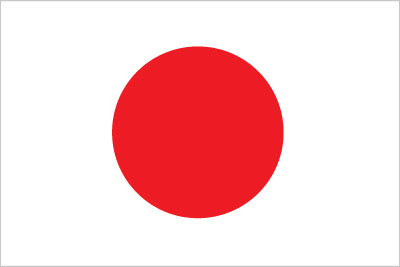When making Japanese food in Germany, can other Japanese seasonings be substituted?
When you want to make Japanese food in Germany, using Japanese seasonings makes it possible to get closer to the taste of Japan. If the seasonings written in the recipe are not sold in local supermarkets or Japanese grocery stores, or are expensive, or you don't use them every time you cook, but you just want to use them a little this time, you can make your own. Introducing seasonings!
5 seasonings introduced in this article
- sweet sake
- Japanese style dashi
- Ponzu sauce
- Noodle soup
- Sesame sauce
Mirin can be replaced with white wine + sugar (honey). Mirin-style seasonings contain less than 1% alcohol, but hon-mirin is considered an alcoholic seasoning and contains about 14% alcohol.
Mirin not only adds a mellow and elegant sweetness, but also works to eliminate the odor. This is because when the alcohol that has soaked into the material evaporates due to the application of heat, the smell of fish and meat comes out together with the alcohol. A similar effect can be expected with white wine.
Depending on the type of white wine, make adjustments such as using less sugar (honey) for sweeter wines! If you want mirin's unique luster, we recommend replacing the sugar with honey.
Dashi granules can be easily prepared by simply dissolving them in water, making cooking easier. This Japanese-style dashi can be substituted with ketchup. Ketchup has a strong sour taste and feels completely different from Japanese-style dashi, but when ketchup is diluted with water, it has a lot of richness and umami. Tomatoes contain more glutamic acid, an umami component, than other vegetables, so ketchup also contains a considerable amount of umami and serves as a substitute for Japanese-style soup stock.
If you add too much ketchup, the flavor of the stock made from kombu and dried sardines will change significantly, so be careful not to add too much ketchup. Add little by little and adjust the taste.
In Japan, it is a seasoning that many households always have, but in Germany it is not often seen. If you want to eat fresh meat or fish, or if you are tired of greasy meals, we recommend using soy sauce + mirin + vinegar + citrus juice as a substitute.
If you don't have mirin, try making it with white wine and sugar (honey).It is one of the seasonings that can be used many times, such as udon and soba noodles and simmered dishes. Because the taste is already perfected, the appeal is that the seasoning is determined by the mentsuyu alone.
It is common to add dashi to kaeshi, which is made by simmering light soy sauce, sugar, mirin, etc., so you can also use soy sauce, mirin, sugar, and dashi stock to make mentsuyu on the market. can be brought closer to
If you use kombu (kelp) or bonito (bonito) for the dashi, you can get a full-fledged noodle soup.
If you have mentsuyu, you can expand the range of dishes such as dashimaki tamago and Japanese-style pasta, so please try making it.
If you can find tahini, which is used in Middle Eastern cuisine, at a nearby supermarket, you can mix it with soy sauce, vinegar, sugar, or sesame oil to your liking to create a rich sesame sauce. It's made by mashing raw sesame seeds, so it's very nutritious. Since sesame has less flavor than toasted sesame, you can feel even more delicious if you adjust the flavor and make the aroma stronger at the same time.
summary
I introduced seasonings that can be substituted with those sold in German supermarkets.
There are no seasonings in the recipe, and it is expensive.
Online shops are recommended when you need seasonings that seem difficult to make yourself, or when you want to have Japanese seasonings even if you don't use them every day. We also handle many types, so please take a look.



